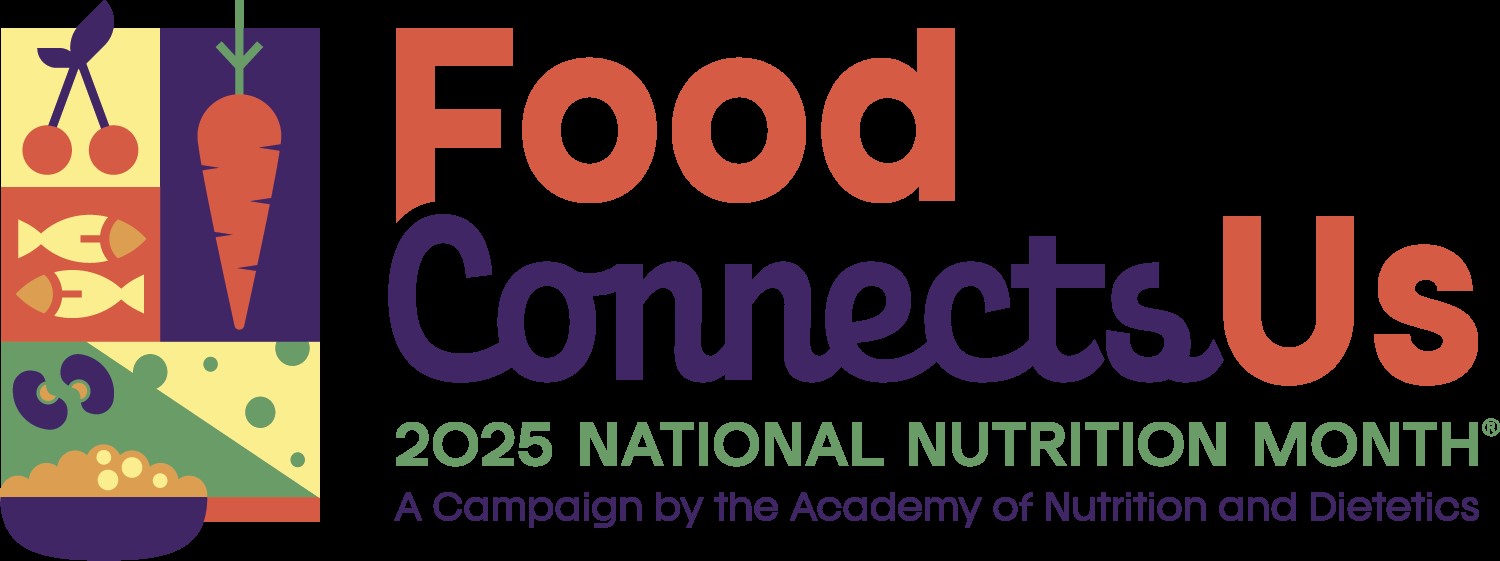Food Connects Us
March is National Nutrition Month® and the theme is “Food Connects Us.” Of all the themes from years past, this one really resonates. Food is something we not only need to fuel our bodies, we use it to nurture those we love, and it can even be a focal point of celebrations. My goal in practicing dietetics is to help individuals and groups increase their confidence in securing, selecting and preparing foods that nourish their minds, bodies and souls.
Most people in the United States, including people living with HIV, can benefit from following a heart healthy eating pattern. Studies have linked some HIV medications with an increased risk of cardiac events. Other ethnic and demographic groups disproportionately impacted by HIV are also at a higher risk for cardiovascular disease. This strengthens the need to follow a heart healthy eating pattern even before any laboratory tests would typically indicate a therapeutic diet is needed. While heart healthy is a vague term, there are some universal themes: increasing fruits and vegetables, including fiber-rich foods, mindful portion sizes of meats and fats, and reducing sodium intake. This can be done with nearly any food budget. It can be as simple as choosing different varieties of the same food, draining and rinsing liquid from canned goods or using only a portion of the seasoning packet provided with a boxed food.
There are many different reasons we choose the foods we eat. Eating the foods we know we should isn’t always simple. We may have limited resource to purchase, transport, store or prepare our foods. We may not have a strong culinary skill set or may have other factors, like illness, impacting our ability to prepare foods. Our schedule may not allow for much time shopping or preparing meals. We may be preparing food for several people, with a variety of needs and preferences. All these factors (plus others) impact our food choices.
If you’re feeling overwhelmed after reading this, you might feel the need to start your own research. Unfortunately, deciphering hundreds of articles on the internet about what you should eat, how to start cooking at home more often or budget friendly recipes can quickly become overwhelming. How are you to know what is right and sound advice when there is so much contradicting information? The answer is going straight to the experts, Registered Dietitians (RD)! These are credentialed medical professionals with a wide array of skills to help you achieve your nutrition and health related goals. The educational background of an RD is vast- we take course work in clinical, cooking, business courses, counseling and multiple sciences. Registered Dietitians are uniquely able to help you meet your individualized needs.
– Ruth Bartolo MS, RD, LD, CNSC

